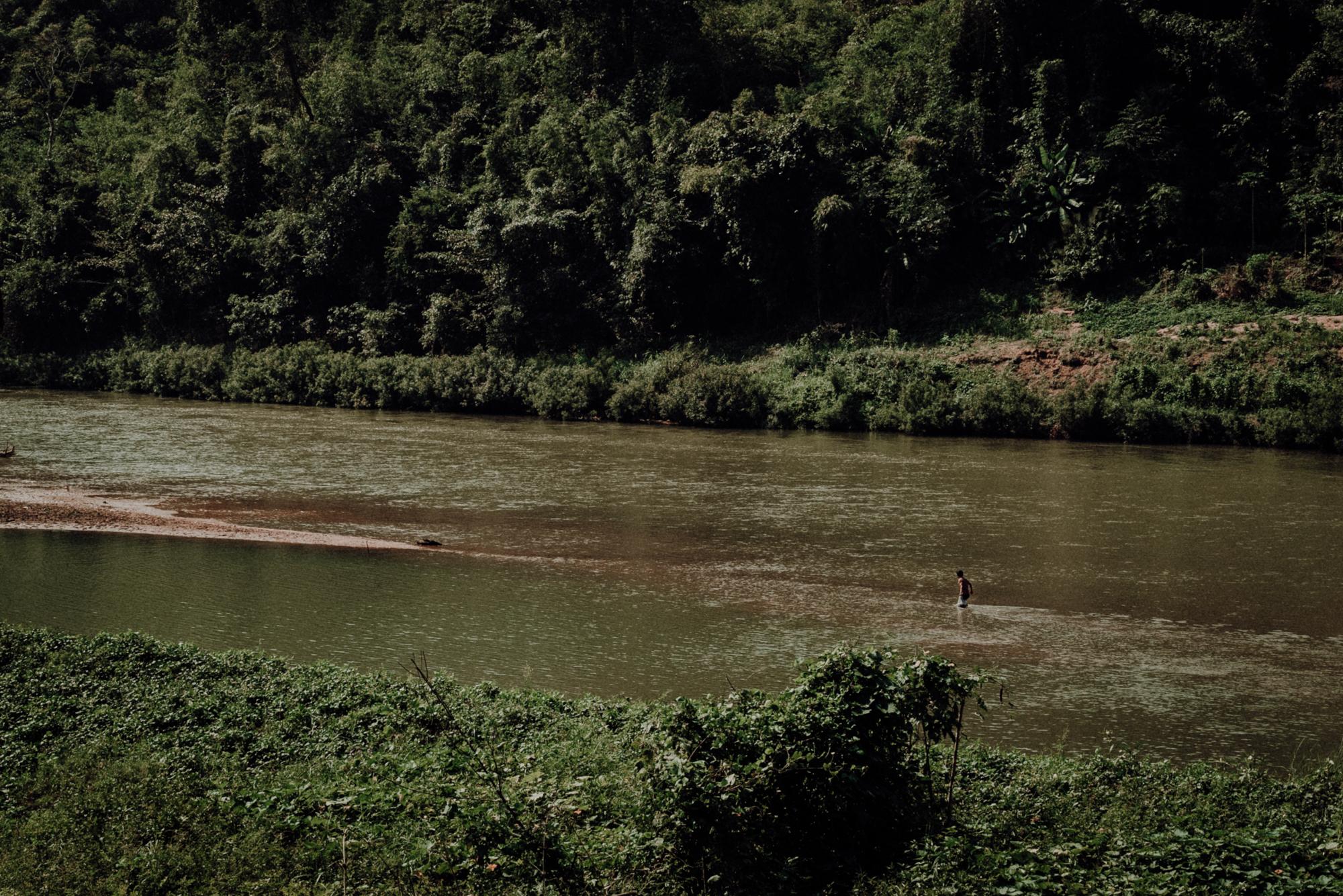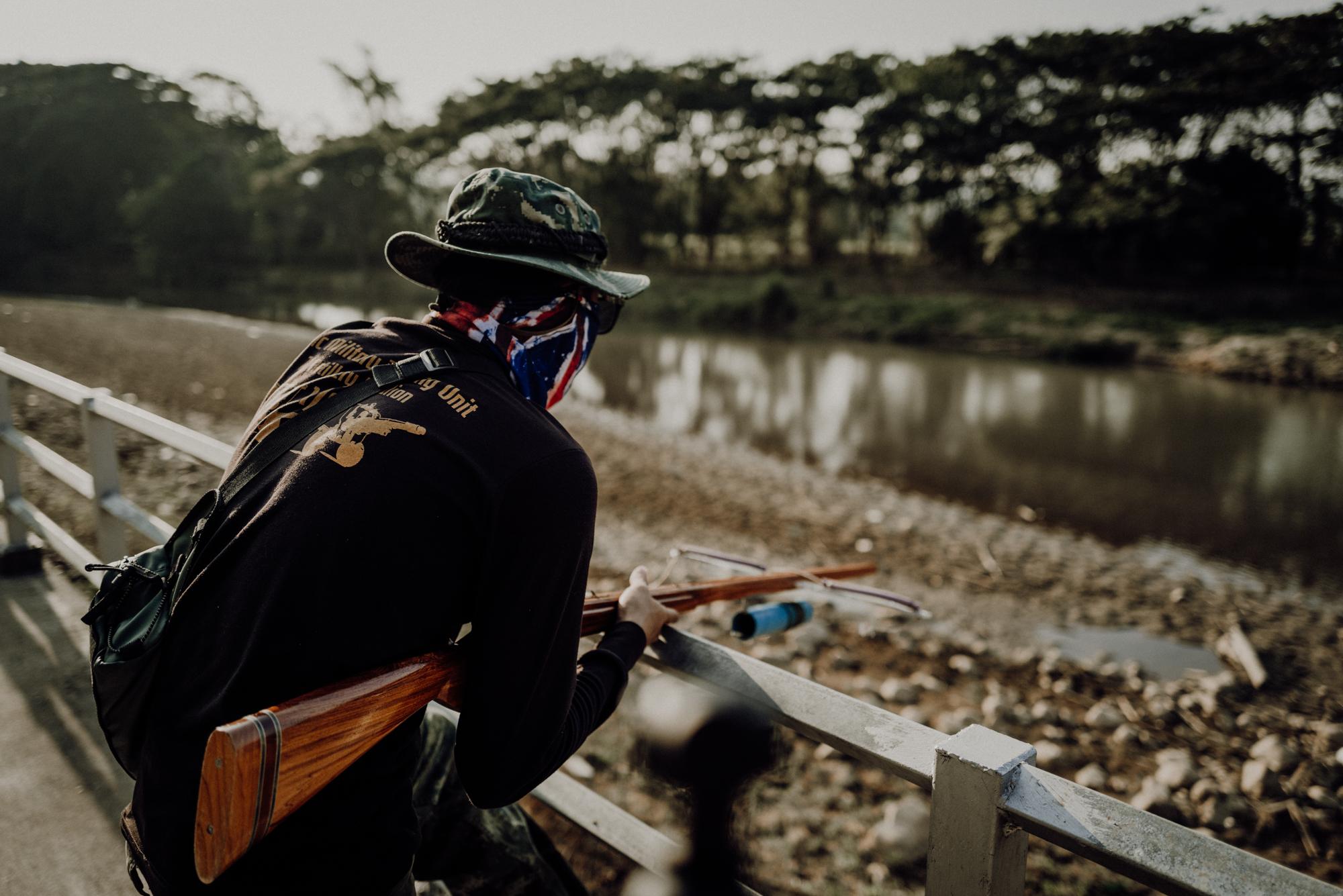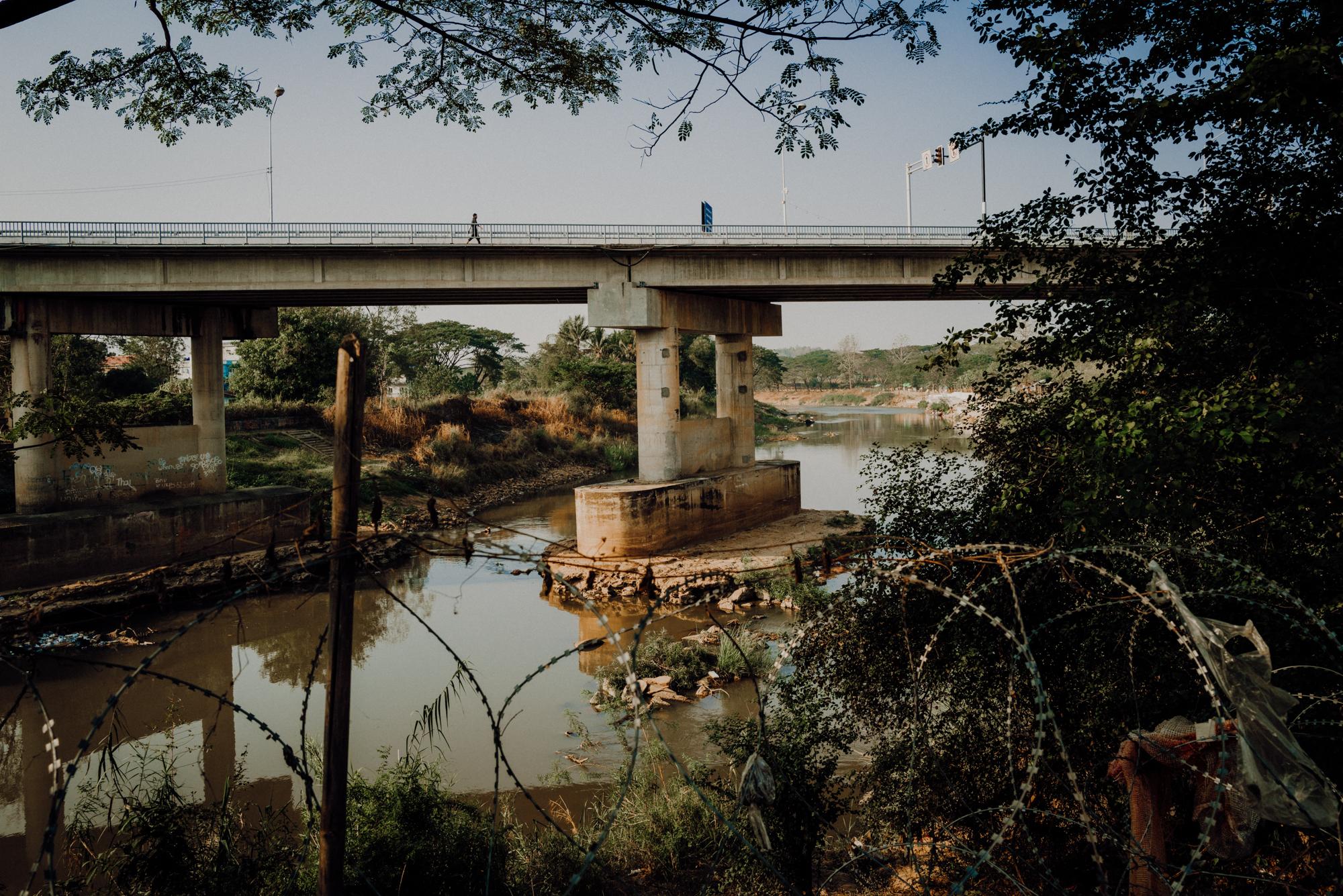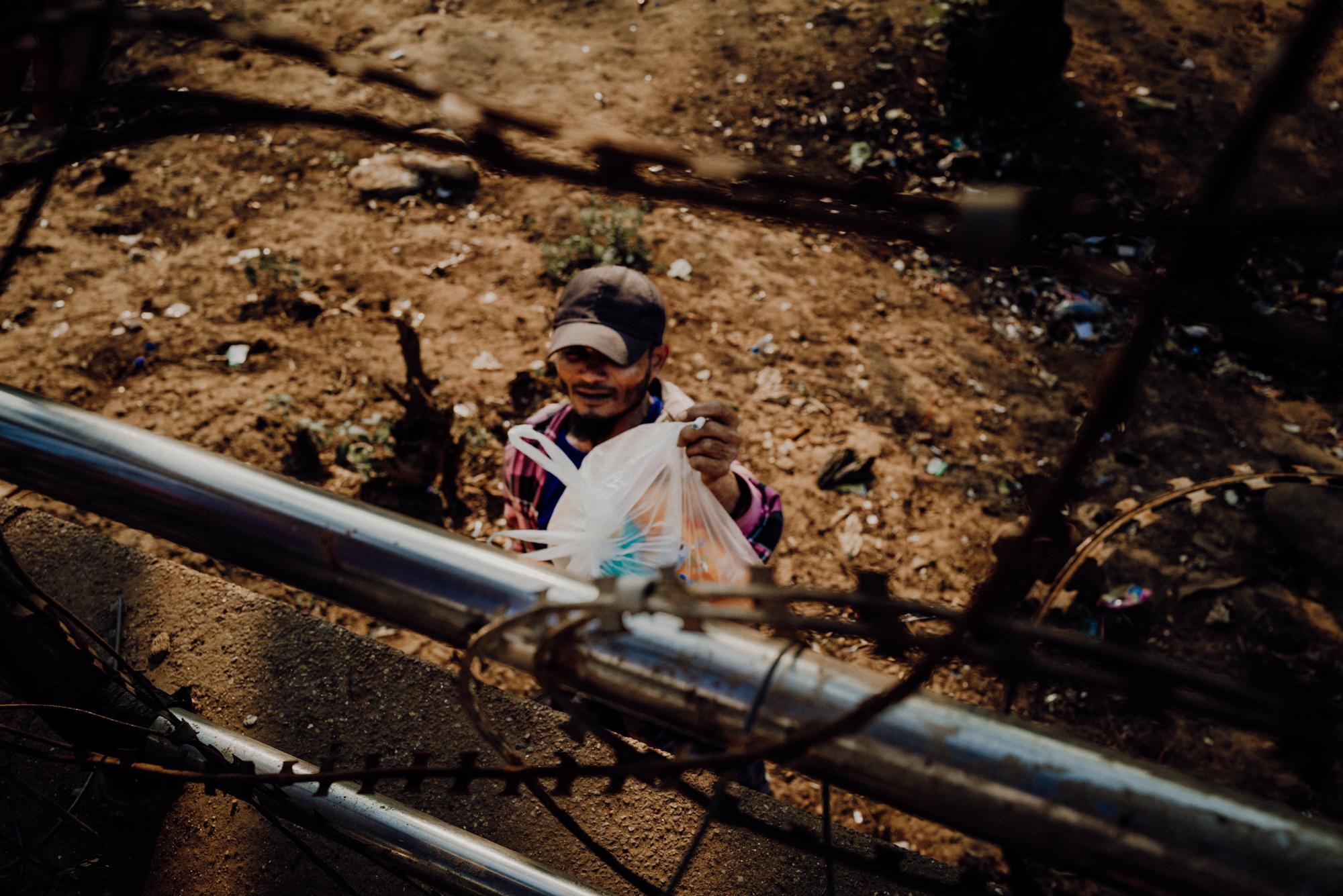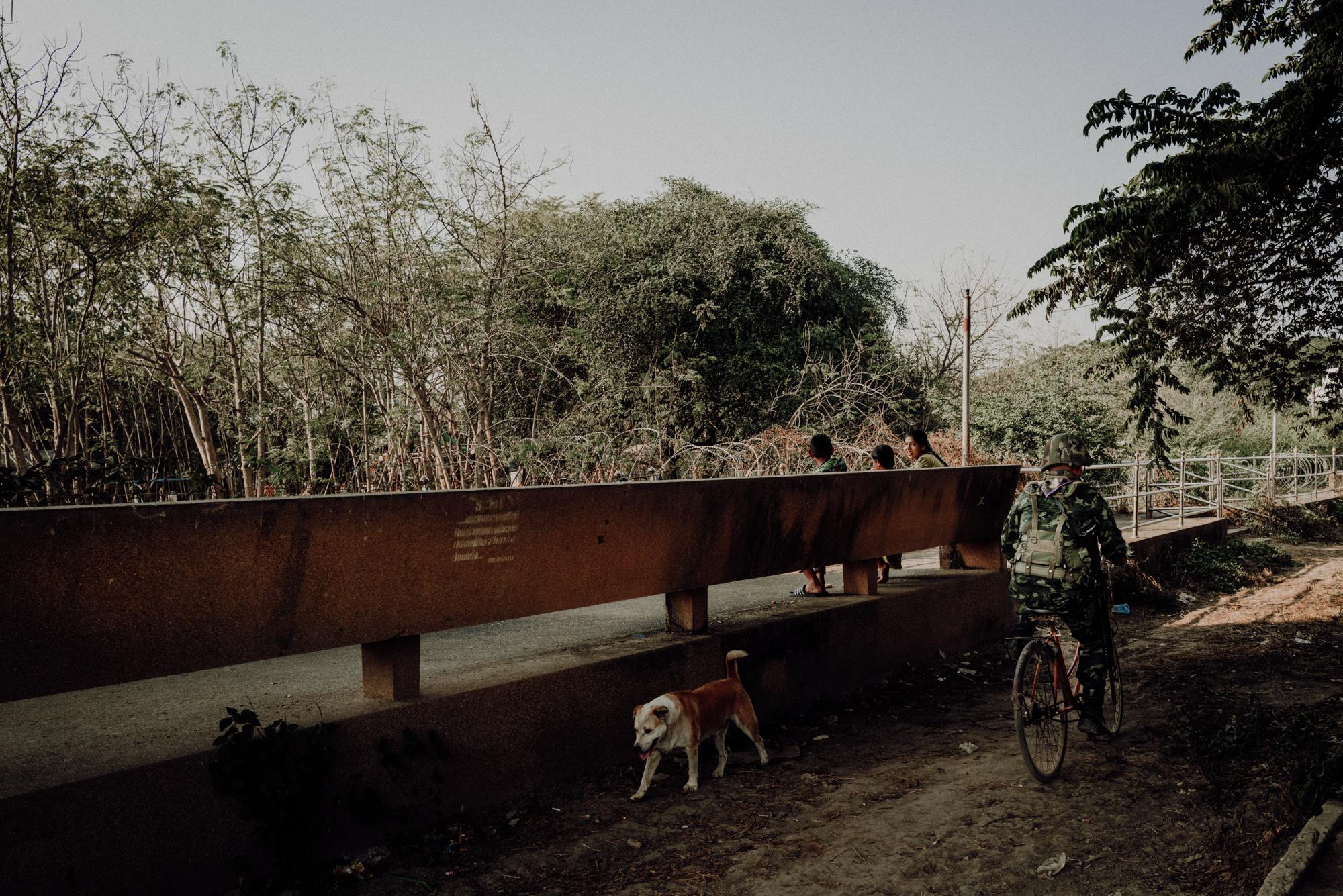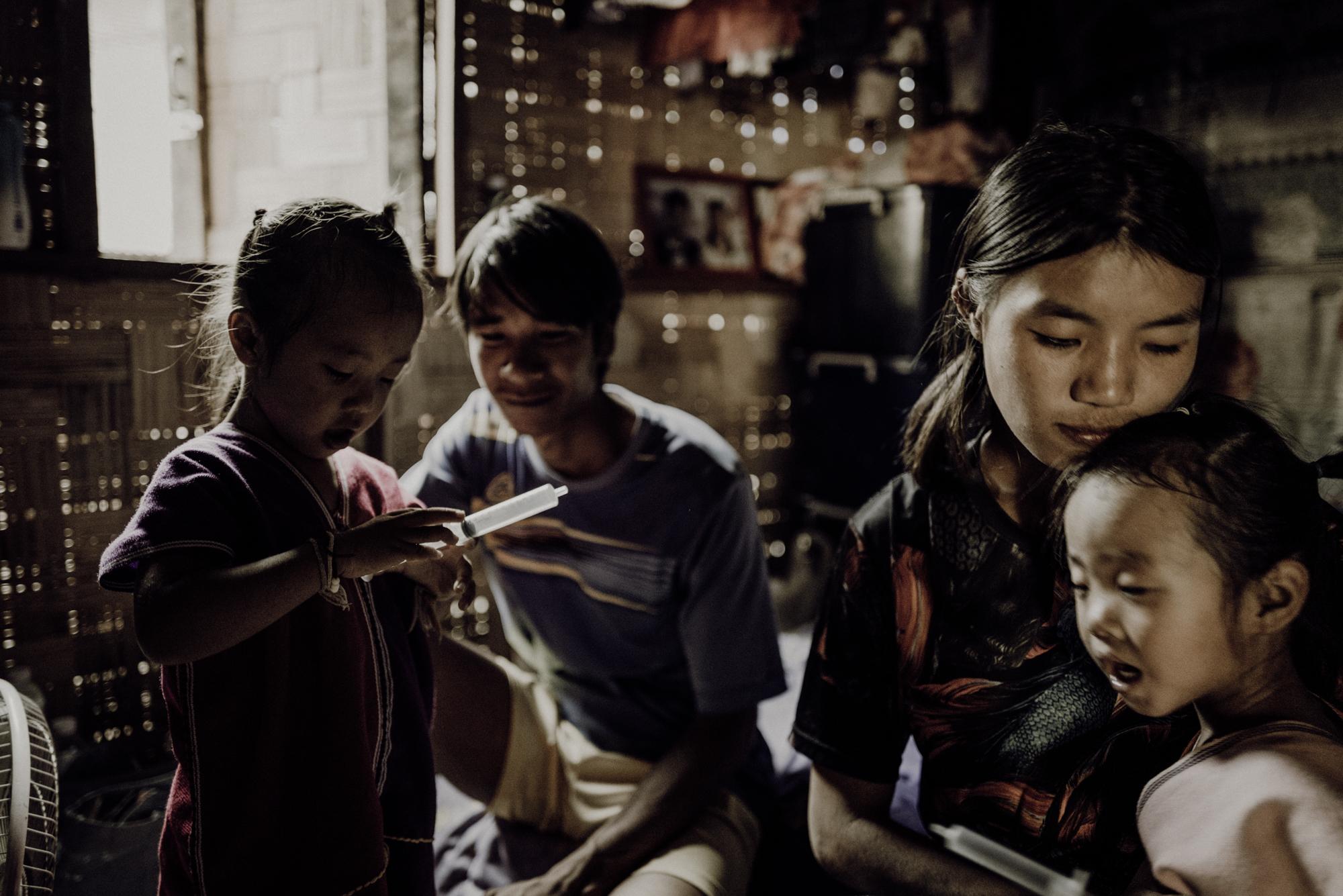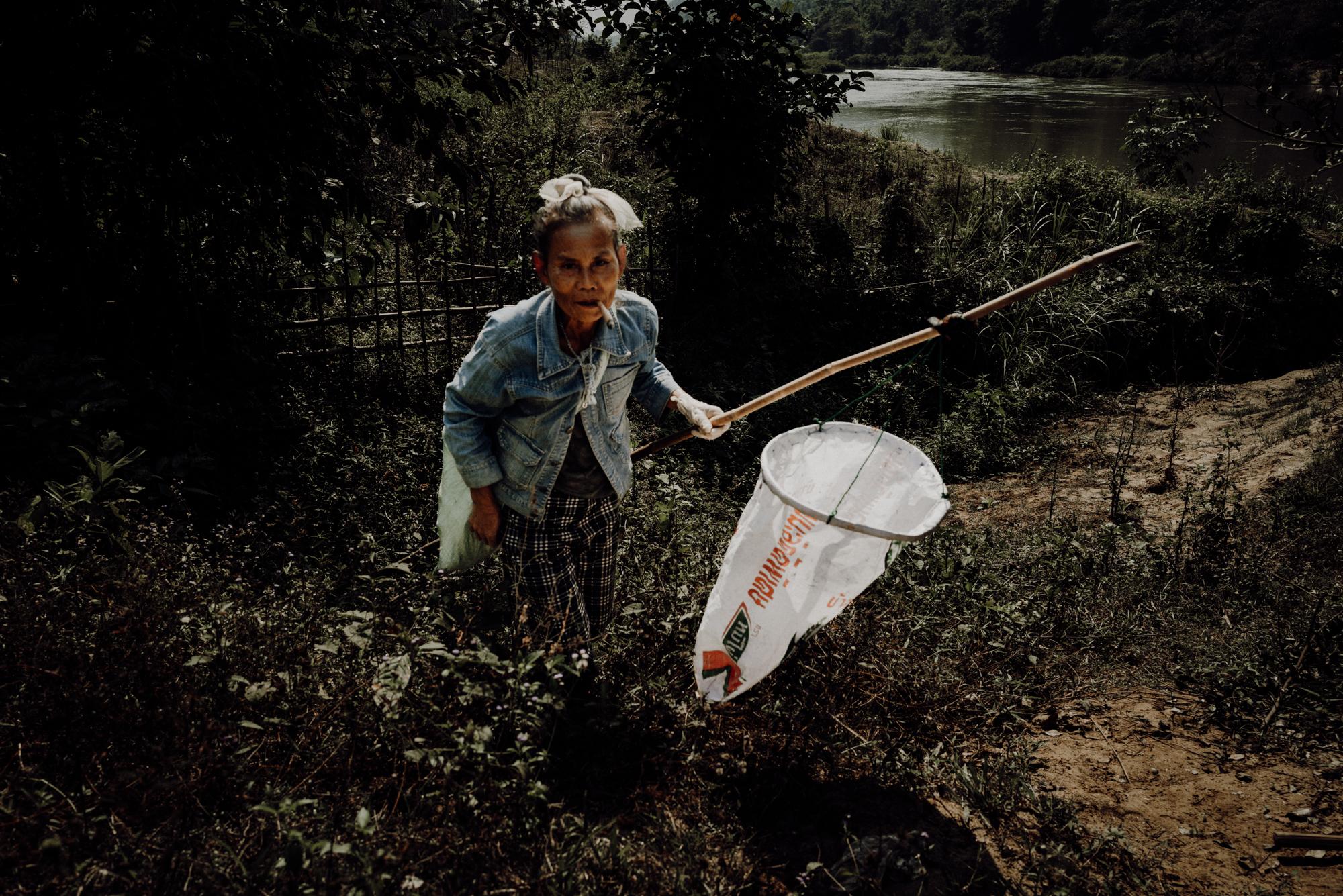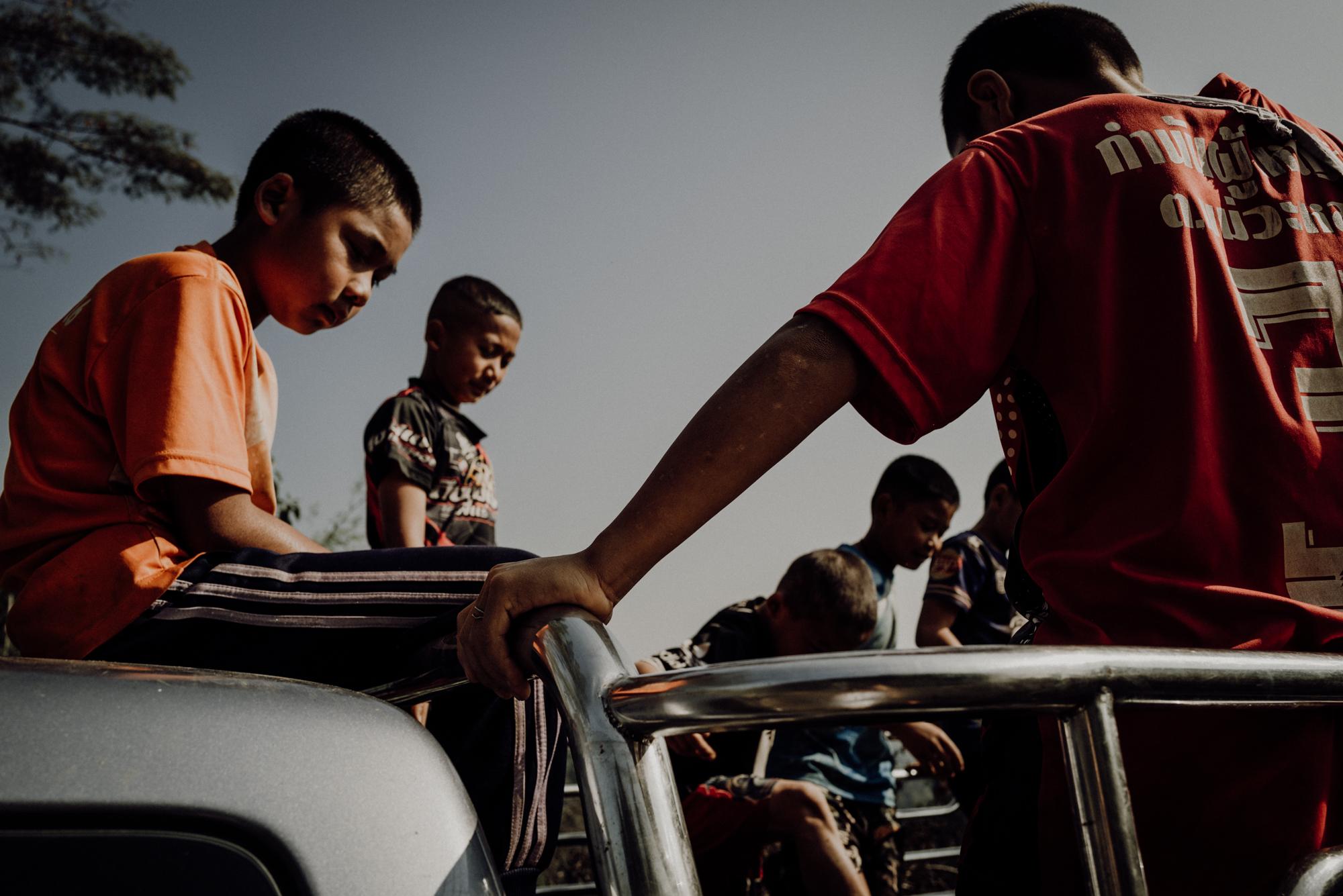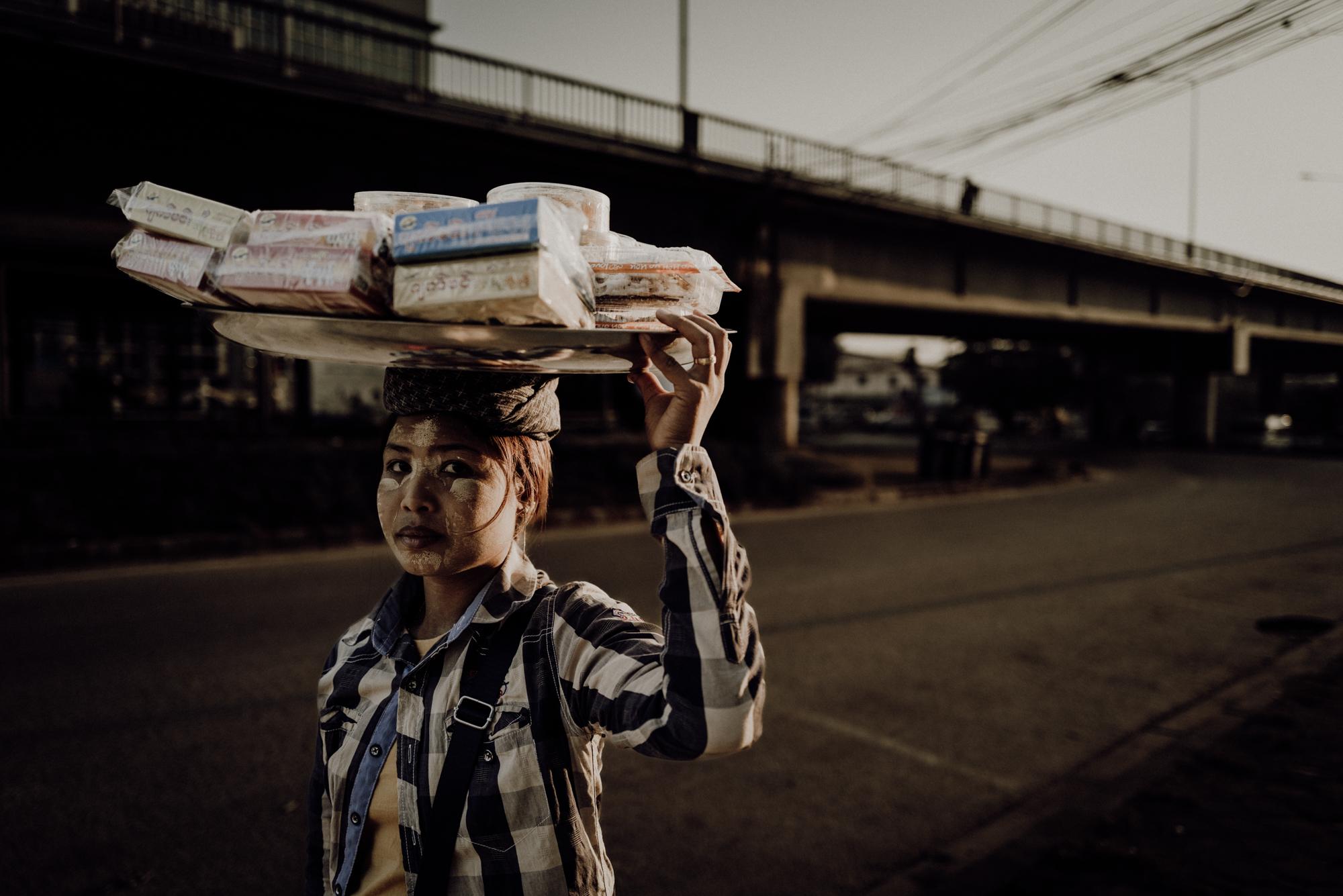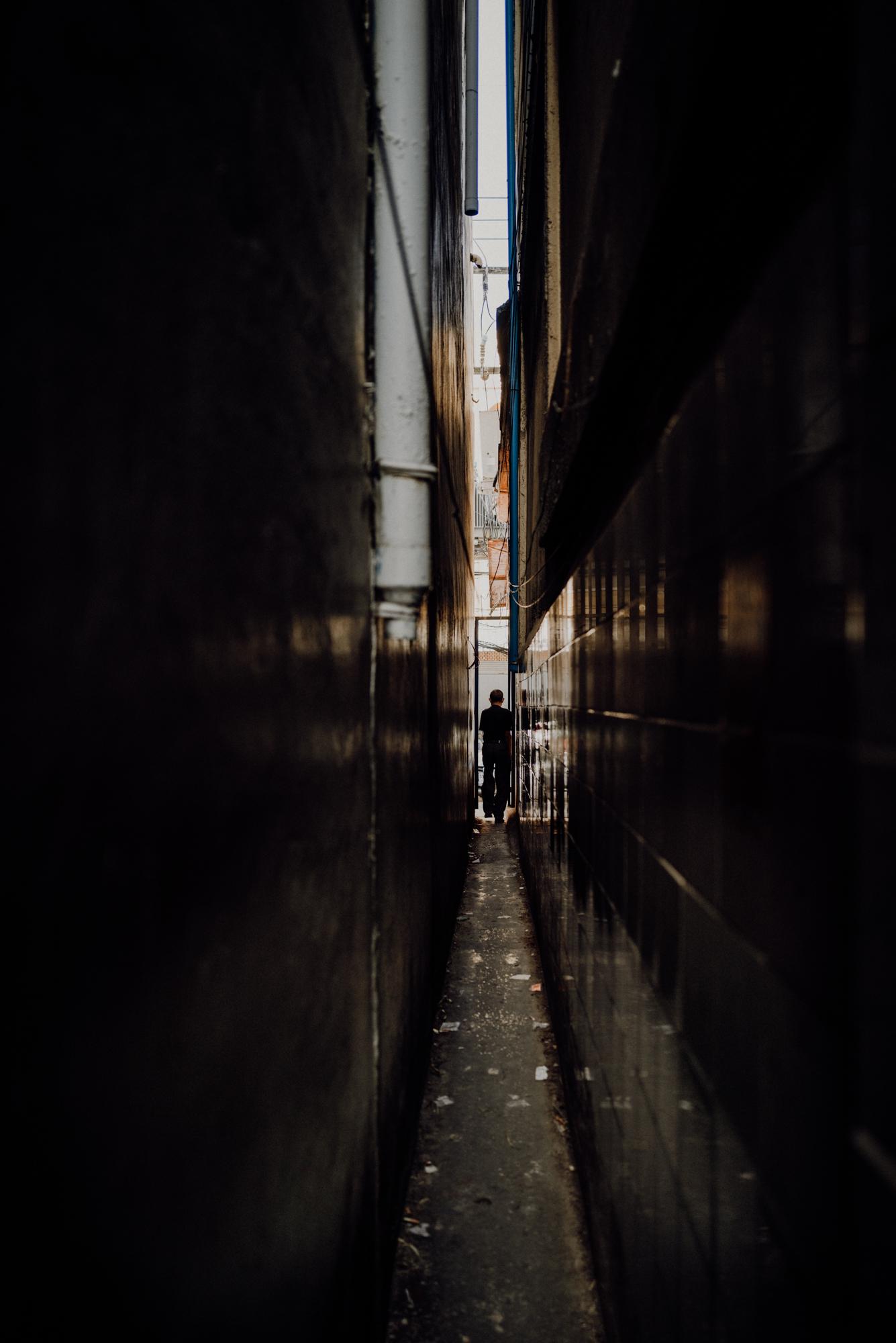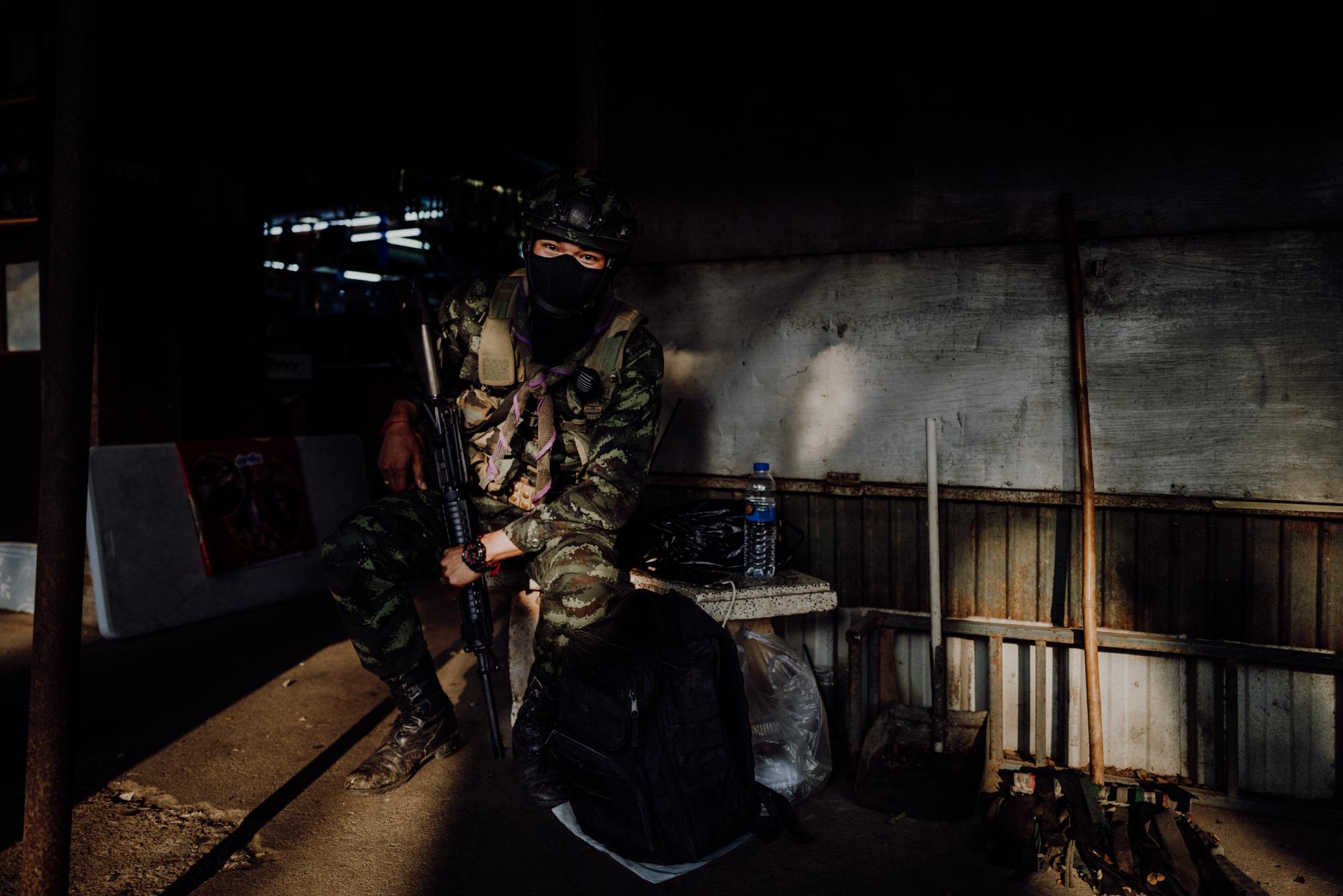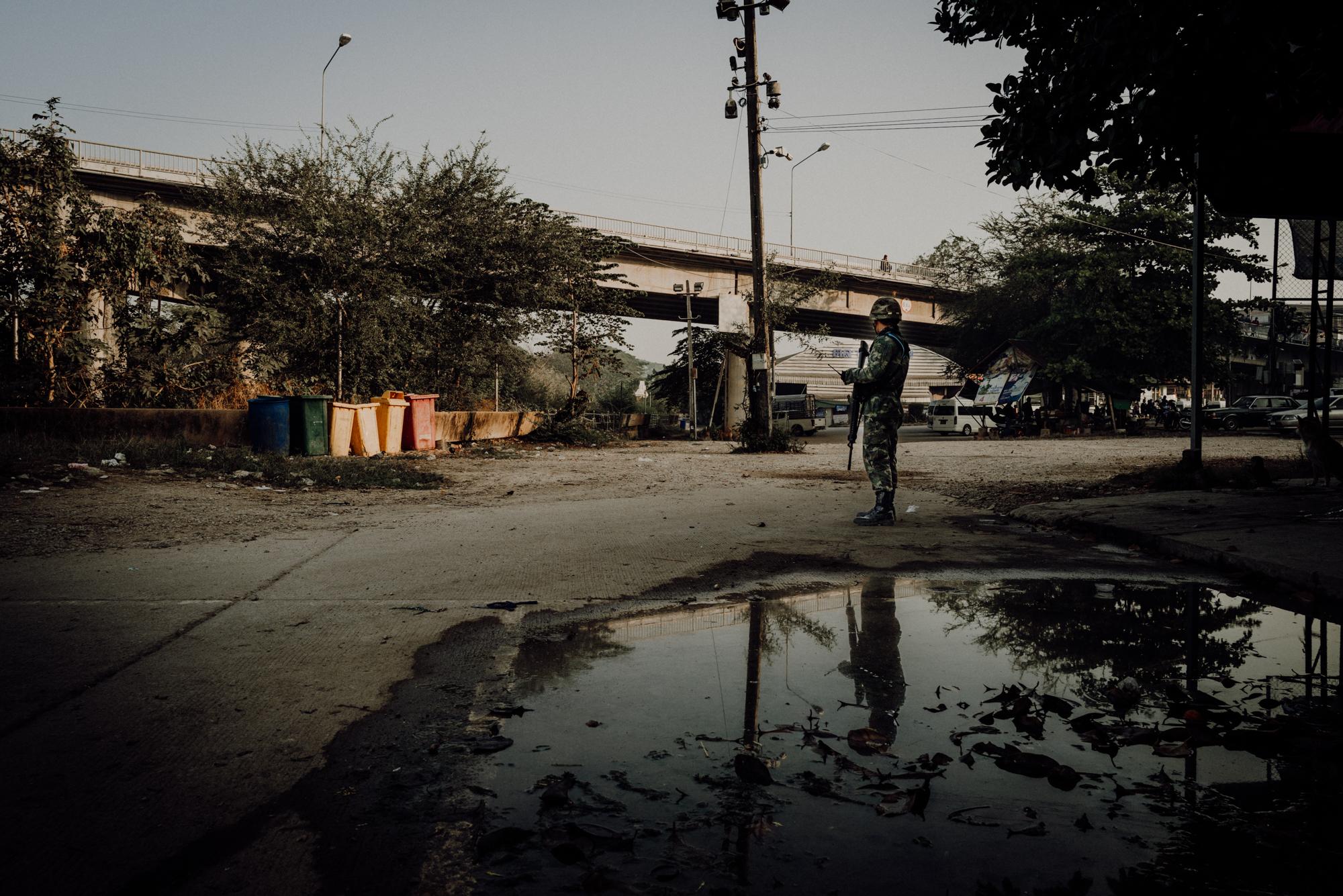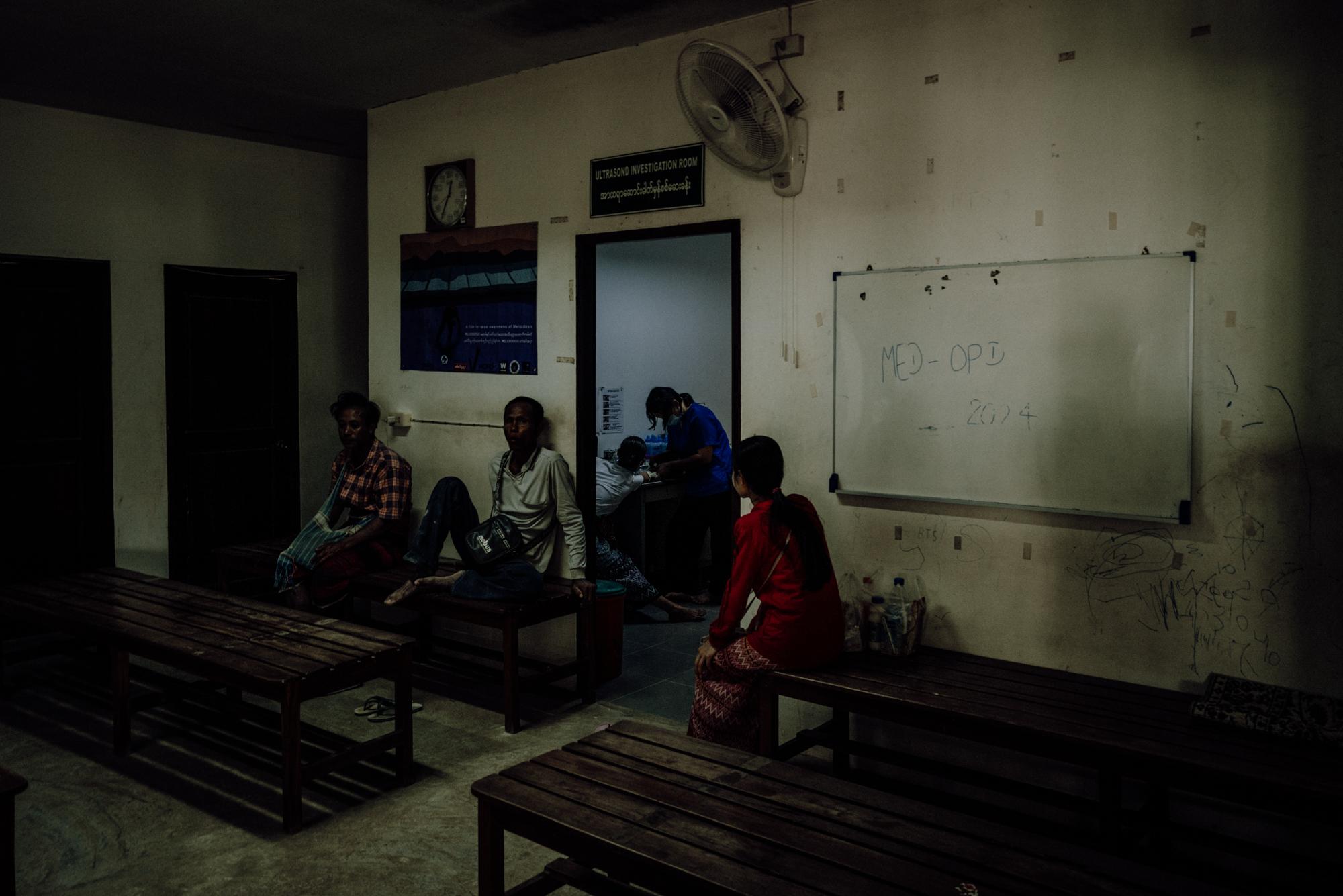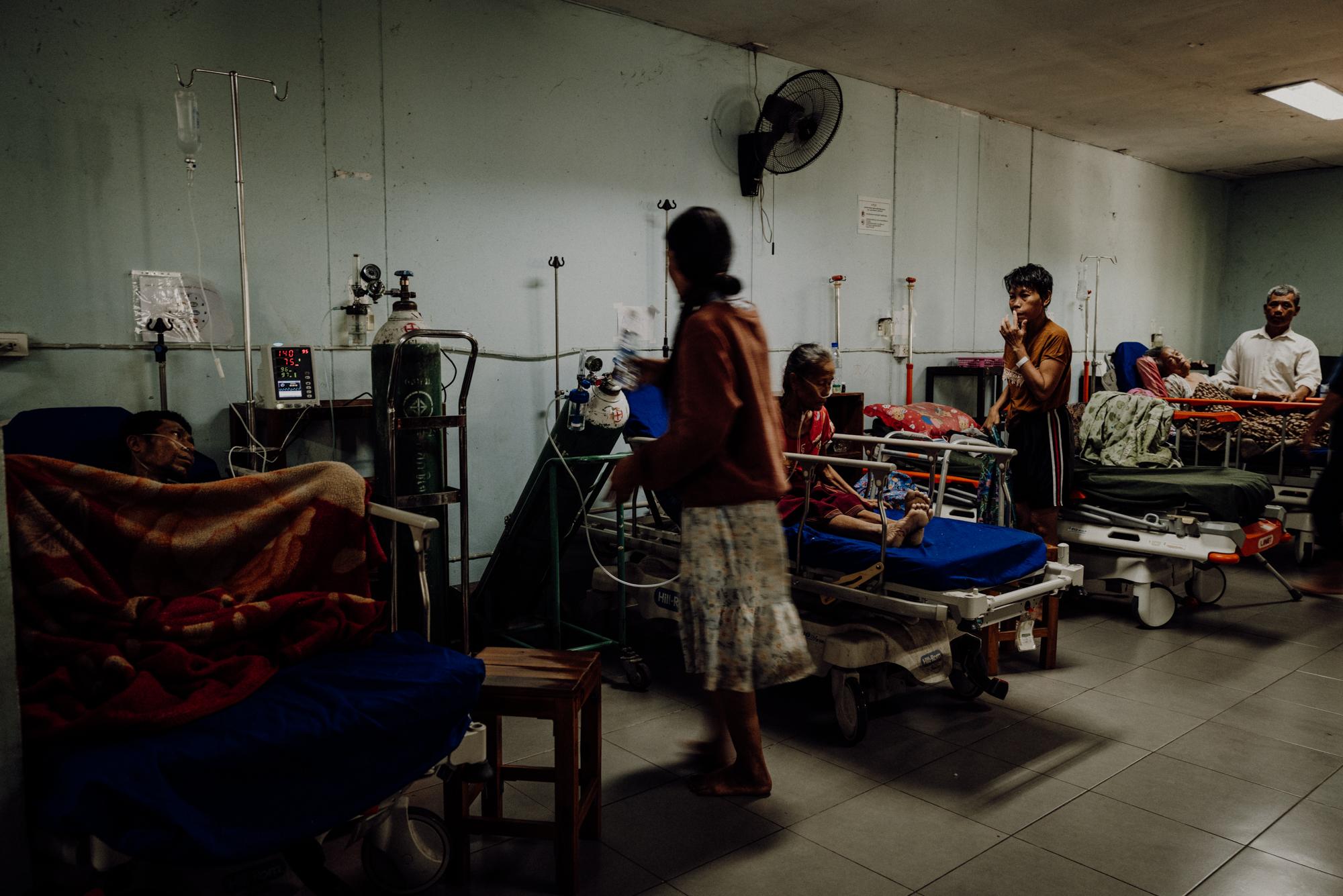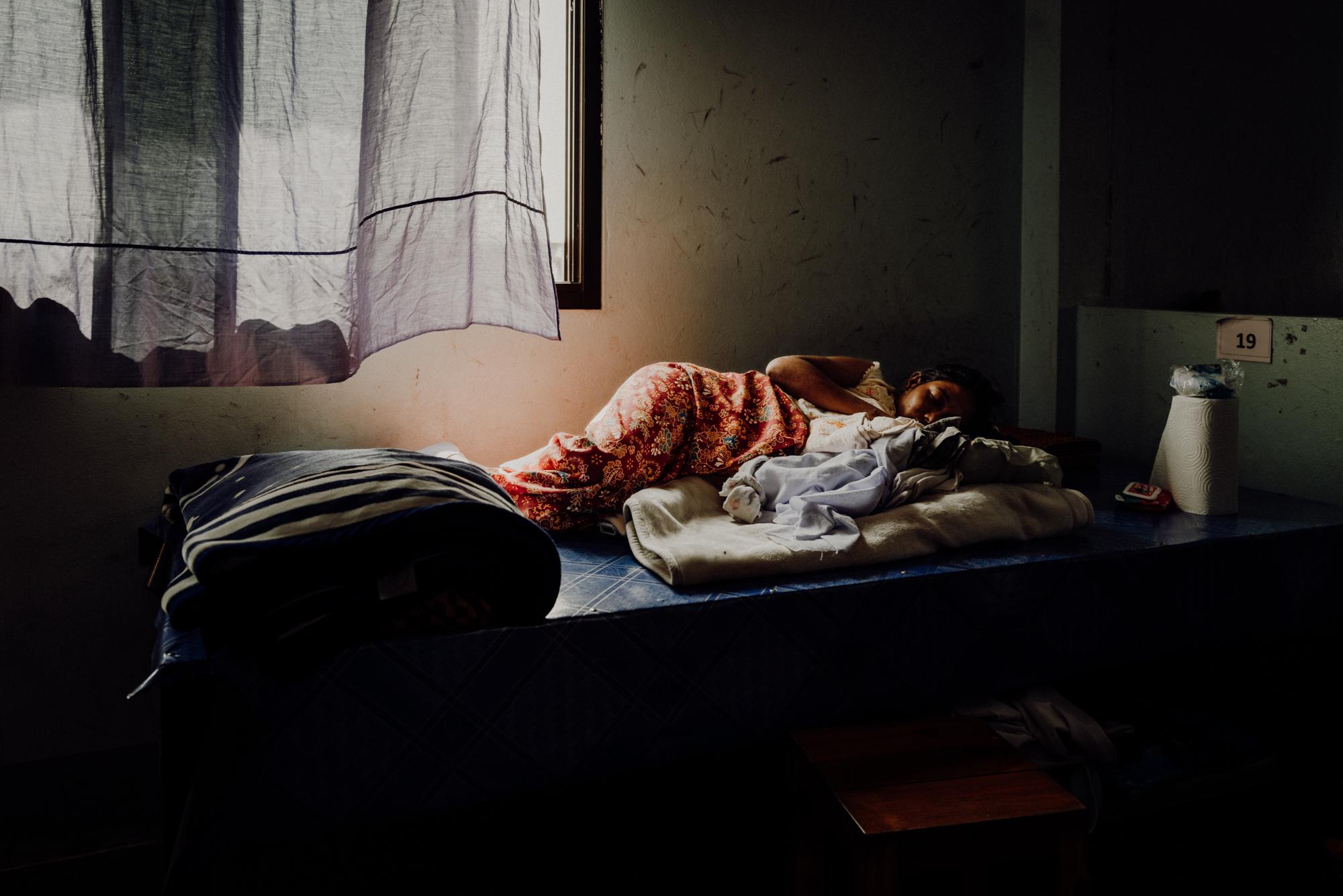The Forgotten
Stuck in between Thai Burmese BorderIn the third year after the military coup, Burma‘s rulers have extended the state of emergency and military jurisdiction prevails in many parts of the country. The UN Refugee Agency reports around 2.6 million internally displaced persons in Myanmar.
A further wave of refugees is currently imminent because the military government has announced compulsory military service. Thailand is planning to open a humanitarian aid corridor in Mae Sot in Tak Province shortly with the support of the US government.
Since the mid-1980s, hundreds of thousands have fled to safety in the border regions between Burma and Thailand to escape human rights violations, ethnic cleansing, military and state violence, discrimination and restrictions. They live in refugee camps and in the surrounding villages. It is a protracted refugee situation, a protracted status with legal, economic and social difficulties.
The Burmese refugees are stuck. They are not given permission by the Thai government to travel on to other countries. Neither they nor all the others without official status can leave the camps. Difficult conditions for the forgotten, between political uncertainty and economic exploitation: a daily life without income, without a work permit in Thailand, without medical care and without education.
This everyday life is reflected in all its facets on the Thai-Burmese border river Moei. Fighting between the Burmese government, alliances of the Karen minority and the Thai army has repeatedly taken place on its banks.
At the same time, the region has been home to refugee camps, such as the Huay Seau Thao camp west of Mae Hong Son, since 1995. Around 600 refugees currently live in this emergency shelter, many of whom have been there for many years. The people there have often traveled long distances to find protection from ethnic and political persecution in their home country.
The Friendship Bridge over the Moei River is an official border crossing between Myanmar and Thailand, from Myawaddy in Kayin State to Mae Sot in Tak Province. There and at the numerous illegal border crossings, Thai soldiers on patrol often turn a blind eye when Burmese men and women offer their smuggled goods at the border posts, cross the river illegally to collect food, or offer their labor without permission.
The ethnically unrecognized regions of Myanmar have been forgotten by the country‘s politicians for decades, also with regard to the healthcare system. Where there are many internally displaced persons, there is a lack of medical care. The Mae Tao Clinic was therefore founded back in 1989 to provide free medical care to Burmese refugees in Thailand and internally displaced persons in Myanmar. Around 110,000 treatments take place there every year.
